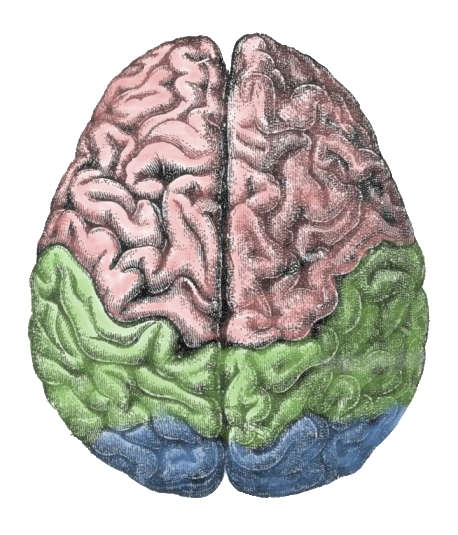Homework is evil. All homework. It’s a pile of worksheets; pointless, drill-and-kill busywork that overloads students brains, frustrates (or bores) them to tears, reinforces the practice of incorrect algorithms, destroys every creative cell in students’ bodies, and takes away from valuable playtime or family time. And it should never, ever be graded.
That’s the message sent by many who are trying to fix whatever’s wrong with education. I don’t buy it.

Sniff-O-Meter
Our school is on an AB block schedule. I see students at most 3 days a week (when we have a full week of school), so more often twice a week; sometimes 4 times in 2 weeks, and sometimes 6-7 days pass without meeting as a class when we have long weekends. (Yes, I use electronic communication as much as possible, considering 20-25% or my students have neither an Internet connection in their homes nor a smartphone). To that end, my teacher-gut tells me that students who have deeper conceptual understandings and own their skills are the students who have stayed connected to their learning. I’ve become a fan of a few types of assignments to help students stay connected. Some are most specifically, homework. Other assignments are directly connected to an upcoming inquiry or project lab. Other work is investigative, calculation practice, synthesis, or preparation for discussion. Outlined below are some general types of “homework” students may expect to best support them as they learn science.
Read the rest of this entry »
Like this:
Like Loading...




